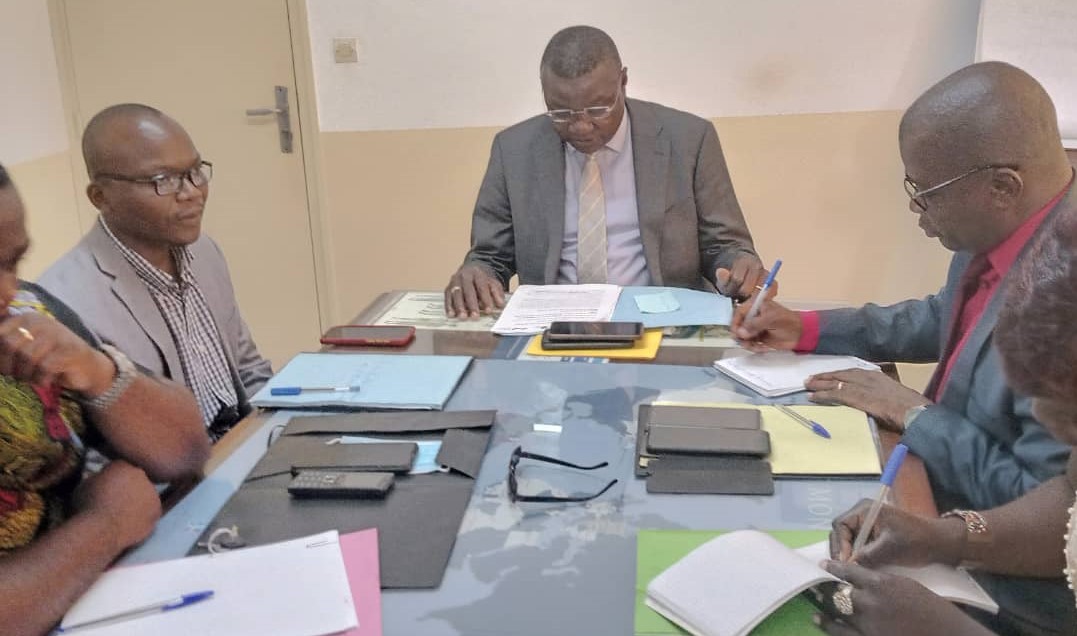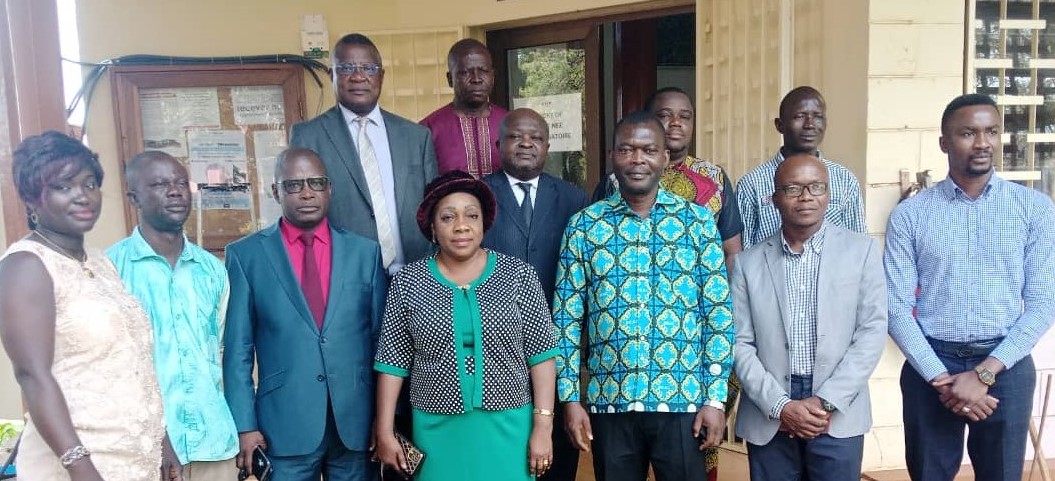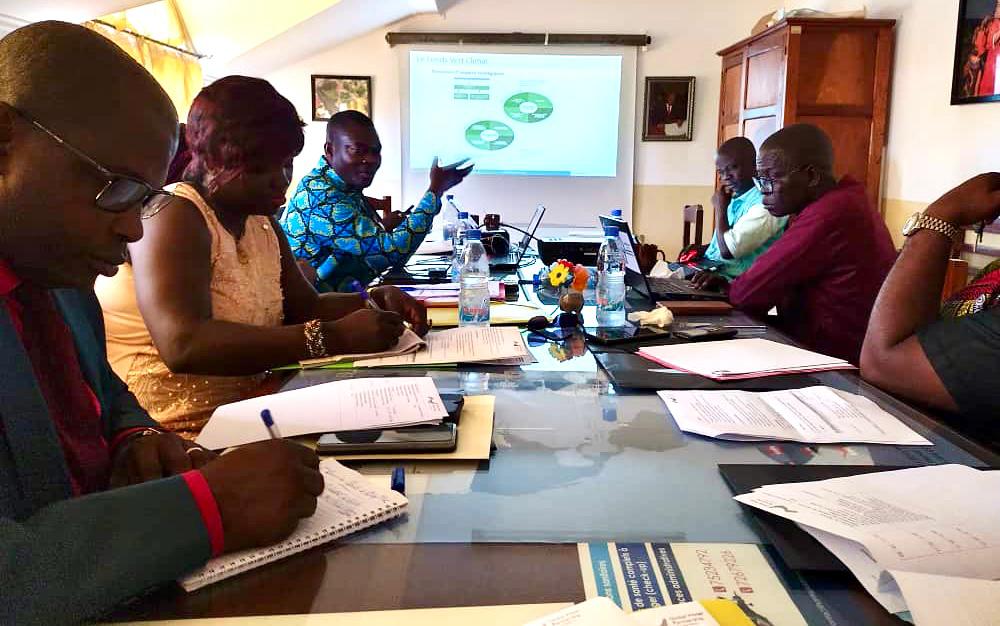Following the Green Climate Fund’s (GCF) approval of the GCF Readiness proposal for the Central African Republic earlier this year, the program’s implementation kicked off in June 2022 with Global Water Partnership (GWPO, GWP-Central Africa and GWP CAR) and the CAR Ministry of Environment and Sustainable Development (National Designated Authority) as implementing partners. To address the climate finance gaps in the country, CAR’s GCF Readiness program aims to advance the Central African Republic country program by supporting the National Designated Authority and country stakeholders in program development for climate finance.

The Decree N° 005 MEDD/DIRCAB/2022 of 06 September 2022 signed by the Minister in charge of the Environment and Sustainable Development set up a Steering Committee in charge of advising and overseeing the project implementation. This steering committee is made up of representatives from ministerial departments, the private sector, and Civil Society Organizations. This first meeting of SC members had as principal objective to present the GCF Readiness project, its work plan, and implementation progress to the members of the Steering Committee to enable them to propose strategic orientations and provide information concerning the gaps related to access and monitoring of climate finance.

The Director of the Cabinet of the Ministry of Environment and Chair of the steering committee, Mr. NDEDJI Célestin presided over the meeting. Presentations on the program, its work plan, and implementation progress were made by the program coordinator, Bertrand-Blaise Nzanga. The GCF Readiness Program in the Central African Republic has the four main objectives. These are;
- The development of a climate finance monitoring tool
- Ensure Capacity-building of stakeholders and mobilization of the private sector
- Draft two concept notes
- Conduct a Gender and social inclusion assessment of CAR's climate sector

In the discussions that followed, the steering committee members made recommendations to ensure better mobilization of the private sector actors. The implementation unit affirmed that prior to any activity, a stakeholder mapping of stakeholders will be done to determine participants, and a capacity-building needs assessment done ahead of planned trainings.
After the presentation of the summary report on the evaluation of the gaps in the monitoring of climate finance, members shared current projects and contacts that will support the program’s objective to address these gaps. The first meeting ended with members committing to continuously support the program’s implementation to ensure set targets are met and climate adaptation improved in the Central Africa Republic.
